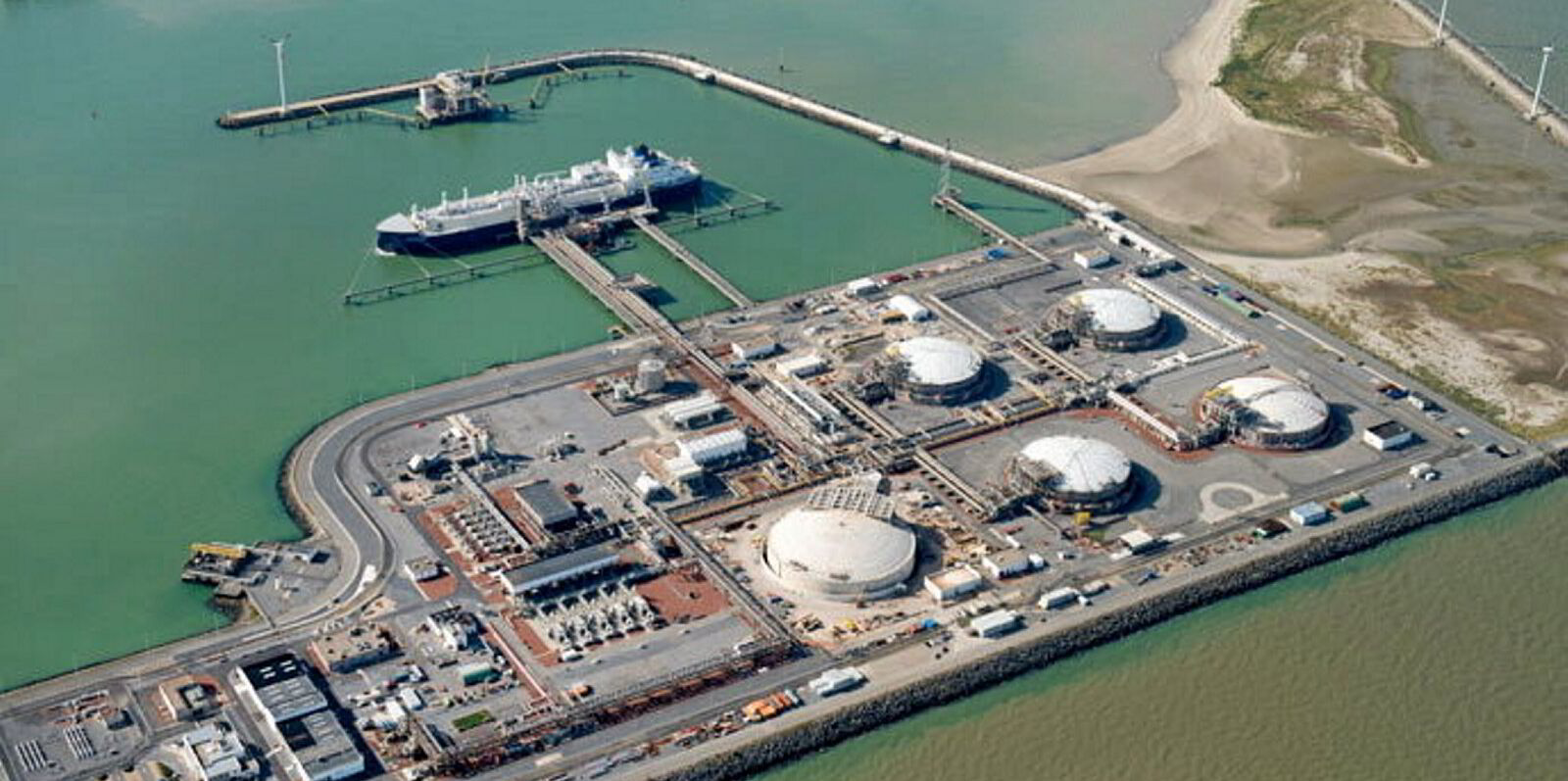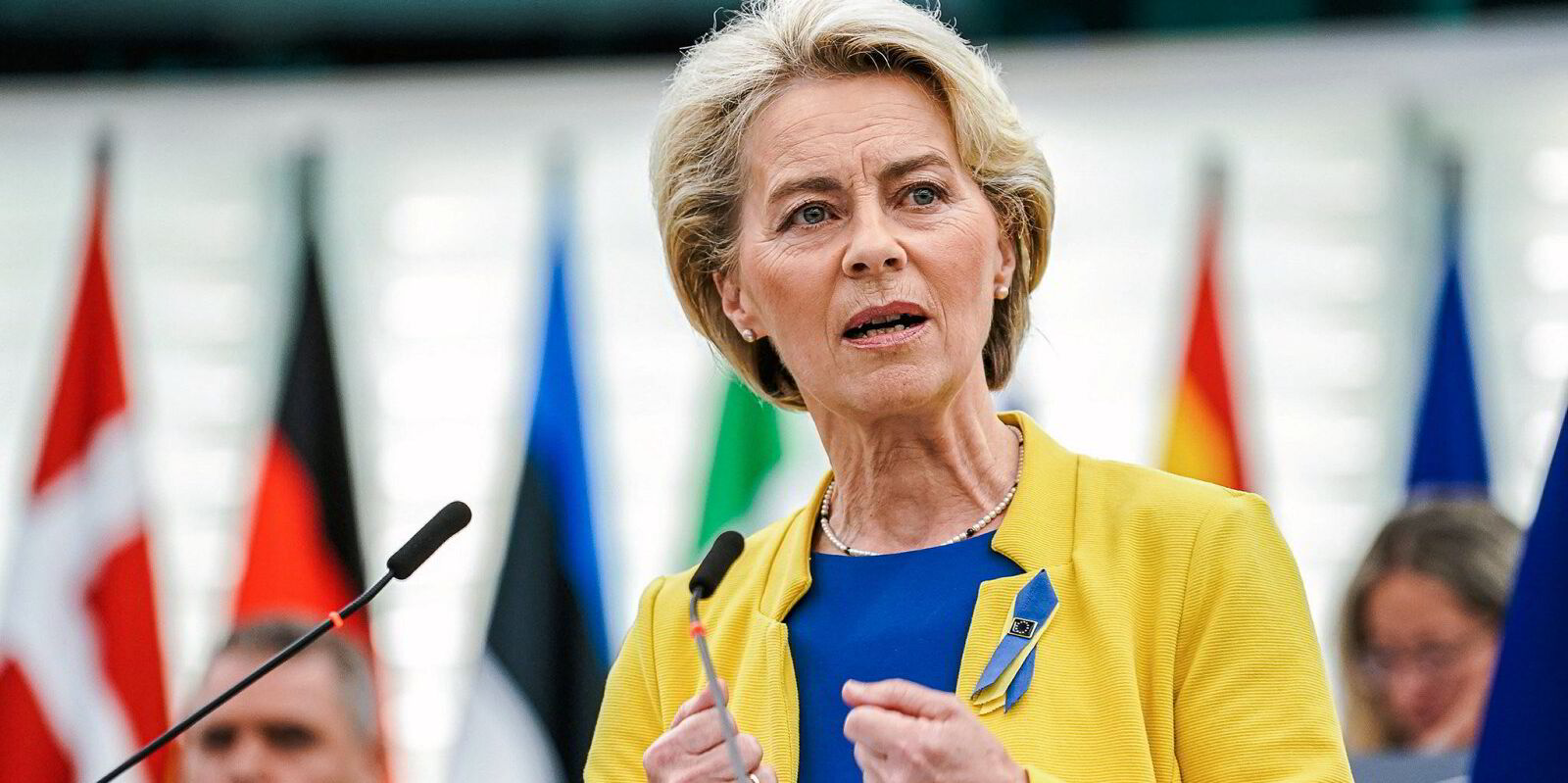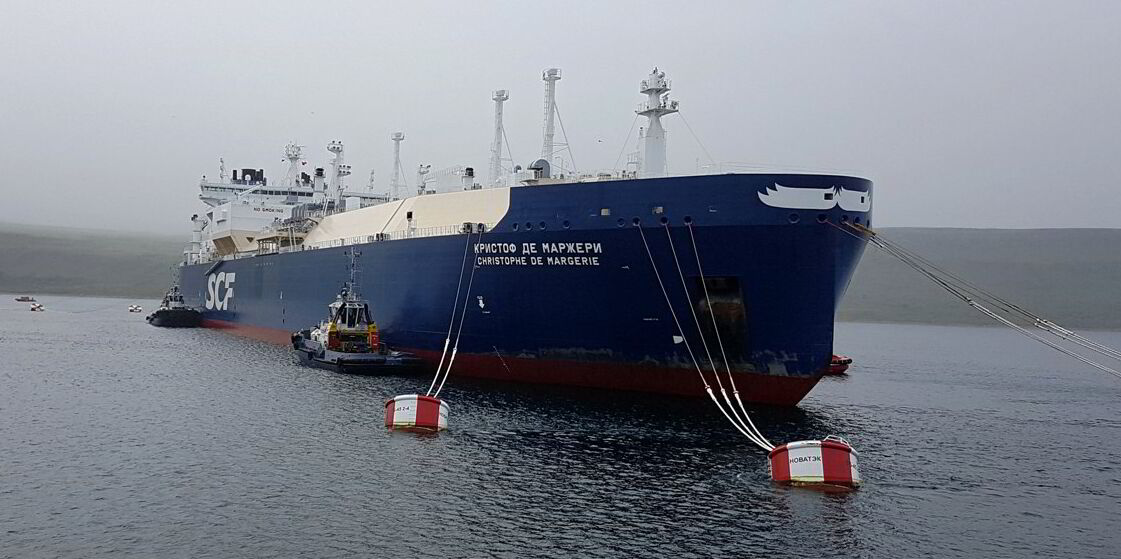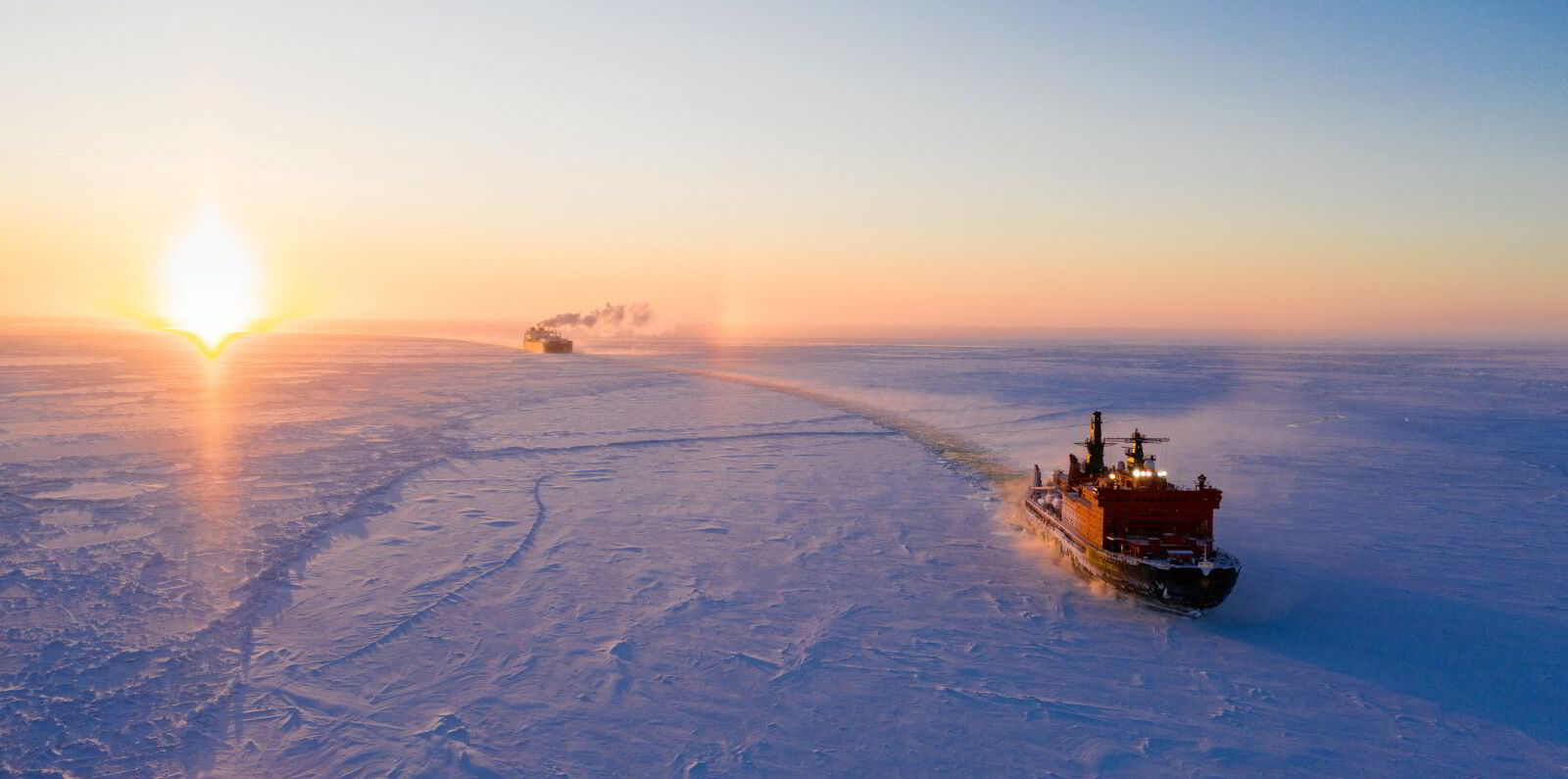An agreed ban on the transshipment of Russian LNG in European terminals for re-export is likely to boost cargo re-loads in alternative locations, an industry analyst has warned.
On Thursday, the European Union approved its 14th package of sanctions relating to Russia’s invasion of Ukraine including the transshipment ban of Russian LNG to third countries via the EU, although imports directly into the bloc will still be permitted.
The final details have yet to be seen and will only be made public once approved, possibly before the end of this month.
But industry analysts have already been trying to assess what it might mean.
Eikland Energy managing director Kjell Eikland said that in the immediate future Novatek’s “way out” would be to export its LNG cargoes via the Northern Sea Route once it reopens for this year’s sailing season for LNG carriers. This usually occurs in June to July with shipments heading to Asia.
But Eikland also suggests that a ban could lead to a surge in ship-to-ship transfers from Russia’s Arc7 LNG carriers into other vessels for onward shipment off the country’s Kildin Island STS site.
He said LNG STS operations in international waters off EU member states could happen but would likely prove too complex.
Another scenario would be to find other sites for transshipments beyond the EU, but this would likely require confidence in making Suez Canal and Red Sea transits again.
Eikland pointed out that Russian exports from its small Baltic Sea plant at Portovaya LNG are reloaded in the Russian exclave of Kaliningrad, so technically would fall outside such a ban.
Reuters quoted gas market experts as estimating that transshipments of LNG from Russia via EU ports to Asia represent around 10% of total Russian LNG exports.
Russian LNG imports comprised 41% of France’s total LNG imports in May 2024 and 66% of those for Belgium, according to the Centre for Research on Energy and Clean Air.
Some EU terminals are particularly important for these.
The Zeebrugge LNG terminal in Belgium and Montoir-de-Bretagne facility in Belgium have been key for transshipments from Russia's specialised Arc7 LNG carrier fleet.
Both terminals had set up dedicated storage for Russian volumes.
The Institute for Energy Economics and Financial Analysis (IEEFA) lead energy analyst for Europe Ana Maria Jaller-Makarewicz: “The EU has finally woken up to the role its ports are playing in transporting Russian LNG to Asia, even as the bloc plans for a future without Russian fossil fuels.
“Last year, about 21% of all Russian LNG flowing to the EU were transshipments. And flows have been increasing: In the first five months of 2024, EU transshipments of Russian LNG were up 7% year on year.
“Banning these transshipments doesn’t affect the EU’s security of supply and will prevent Russia from using the bloc’s terminals for its own gain,” Jaller-Makarewicz said.
Brokers said Russia is likely contractually locked in to deliveries to Asian buyers and may need to come up with other options if the EU re-export ban is imposed.
EU states have debated but rejected a full ban on Russian LNG imports with some member states unable to agree on this.






